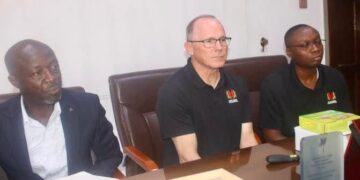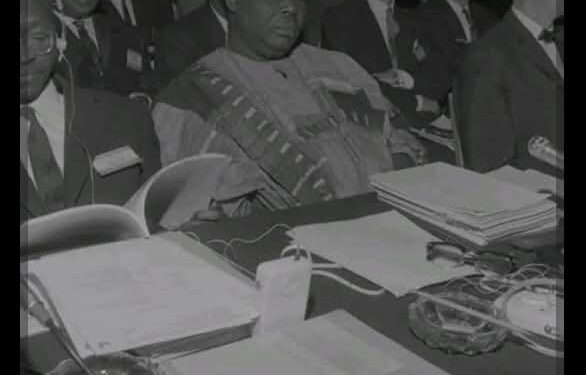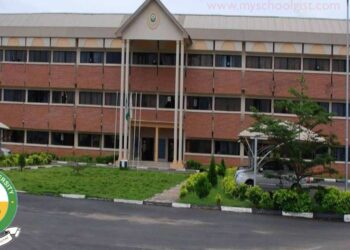1. Pioneer Minister of Finance: Chief Festus Okotie-Eboh served as Nigeria’s Federal Minister of Finance from 1957 until his assassination in 1966.
2. Wealthy Businessman: Before entering politics, he was a successful entrepreneur, establishing several companies including West African Merchants and the Okotie-Eboh Grammar School.
3. Colorful Personality: He was known for his flamboyant dress style, charisma, and public display of wealth, earning him the nickname “The Dandy of Nigerian Politics.”
4. Itsekiri Ethnic Group: Okotie-Eboh hailed from the Itsekiri ethnic group in Warri Division, present-day Delta State.
5. Education Advocate: He was passionate about education and founded schools in his community, investing in youth development.
6. Pan-African Outlook: He believed in African unity and economic independence, advocating for Nigeria’s active role in global financial institutions.
7. International Role: Represented Nigeria at various international financial gatherings, including the 1965 Annual Meetings of the World Bank, IFC, and IDA in Washington, D.C.
8. Founding Member of NCNC: He was a founding member of the National Council of Nigeria and the Cameroons (NCNC), led by Dr. Nnamdi Azikiwe.
9. Parliamentarian: Elected to the House of Representatives in the 1950s and remained an influential voice in Nigeria’s legislature.
10. Assassinated in 1966: Chief Okotie-Eboh was tragically killed during Nigeria’s first military coup on January 15, 1966.
11. Luxury Lifestyle: His wealth and lifestyle were subjects of both admiration and criticism in the media and political circles.
12. Philanthropist: Beyond politics, he supported community development projects, particularly in the Niger Delta region.
13. Supporter of Federalism: He was a strong advocate of a federal structure for Nigeria to promote unity in diversity.
14. Controversial Figure: While praised for his financial stewardship, he was also accused of corruption and extravagance, although no formal convictions were recorded before his death.
15. Legacy Lives On: Several institutions and landmarks have been named in his honor, and his contributions to Nigeria’s early development are still studied by historians and economists.



















































































 EduTimes Africa, a product of Education Times Africa, is a magazine publication that aims to lend its support to close the yawning gap in Africa's educational development.
EduTimes Africa, a product of Education Times Africa, is a magazine publication that aims to lend its support to close the yawning gap in Africa's educational development.